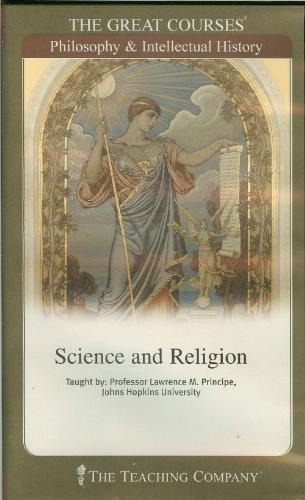
****
The differences between extroverts and introverts are well known. One is caricatured as a sort of human golden retriever, eager for constant companionship, miserable when alone, perpetually cheerful, obnoxiously loud, and easily distracted. The other is portrayed as vaguely misanthropic, shy to the point of social anxiety, dull as toast, bland as beige, and possibly maladjusted. Cain, like many authors before her, has undertaken to dispel these generalizations and present the true essence of introversion--its weaknesses, yes, but more importantly its strengths. The degree to which other authors may or may not have accomplished this goal, I don't claim to know, as I have by no means read all such books. However, in Cain's case, I can safely say the result is a resounding success.
First off, the organization of this book is exemplary--Cain's ideas are presented in a clear and logical order, but the organization is fluid and subtle. She doesn't draw the reader's attention to the structure itself. (She does occasionally raise an issue and then assure the reader that it will be addressed in a future chapter, but this is not done so frequently as to be distracting, and is limited to those issues that really
are likely to cross a reader's mind at a given point, but which do not belong in the current section. So, for example, in discussing the scientific evidence that introversion presents in the very young, she assures parents that tips on parenting introverts (which do not belong in a chapter on the biology of introversion) will be addressed later.)
Cain starts off by essentially convincing the reader of the need for this book--that is, that we in America treat extroversion as the ideal, that this has not always been the case, and that perhaps in our charisma-driven, extroverted, groupthinking society we are denying the value of introversion and missing out on the contributions introverts can make to our businesses, families, and social circles. This groundwork is well laid. Cain, an admitted introvert, explains and establishes the extroverted ideal and highlights its shortcomings without seeming defensive. She does not appear to view introversion as superior, but merely encourages her readers to consider the value of both personality types. This rational, objective tone (which I imagine served her quite well in her bygone days as a negotiator) lends credibility to her presentation of the merits of introversion.








